The $10 billion defamation lawsuit brought against the BBC by US President Donald Trump has been set for trial in February 2027, a Florida judge has ordered.
Read More »

The $10 billion defamation lawsuit brought against the BBC by US President Donald Trump has been set for trial in February 2027, a Florida judge has ordered.
Read More »
The United States is set to deploy around 200 troops to Nigeria to assist in training the country’s military to combat Islamist militant groups, a U.S. official said.
Read More »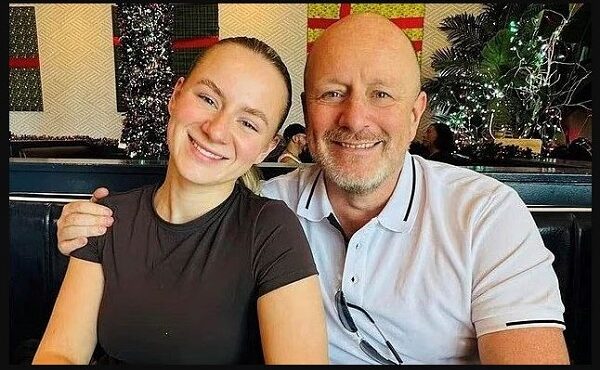
An inquest in the UK has ruled the death of a 23-year-old British woman who was shot dead by her father over arguement with him about Donald Trump earlier that day as unlawful.
Read More »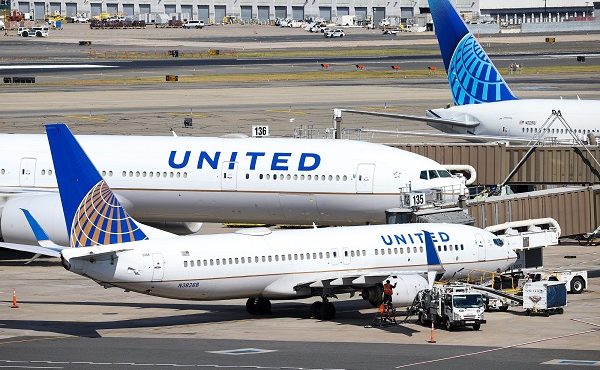
Cuba has told international airlines they won’t be able to refuel their planes, as supply dries up following President Trump’s military operation in Venezuela.
Read More »
The Immigration and Custom Enforcement (ICE) has become notorious due to their activities in Minneapolis where they murdered two American citizens in one month, but Donald Trump and his polarising policies and provocations are dominating, the ongoing Winter Olympics in Italy by deploying some ICE agents to Milan where locals have rightly been protesting their Prescence.
Read More »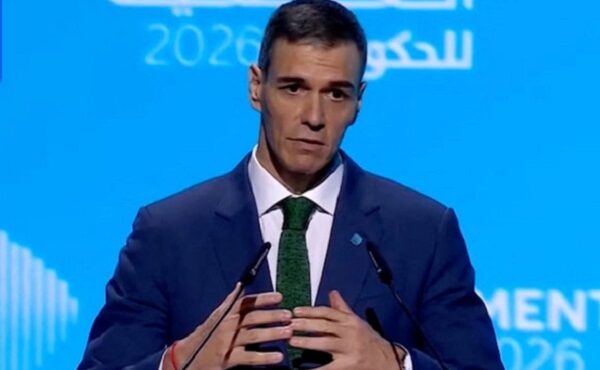
Spain and Greece are proposing a ban on social media use by teenagers as attitudes hardened in Europe against the technology, drawing personal insults against the prime minister from Elon Musk.
Read More »
Ethiopian Prime Minister Abiy Ahmed on Tuesday denied claims by President Donald Trump that the country’s new mega-dam was funded by the United States.
Read More »
FIFA chief Gianni Infantino justified awarding U.S. President Donald Trump the organization’s inaugural Peace Prize last year, saying that he was “instrumental” in saving lives in conflicts, including the war in Gaza.
Read More »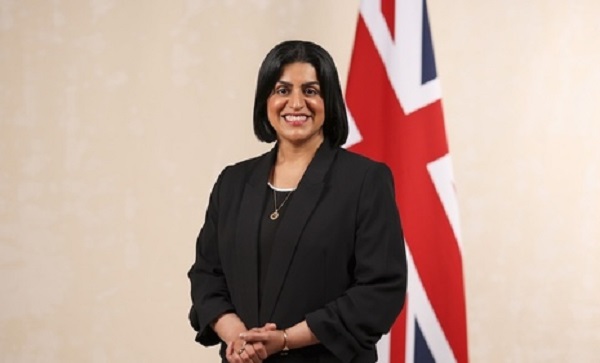
Social media users who tout illegal routes into the UK face up to five years in prison as the Home Office continues its attempt to crack down on small boat crossings.
Read More »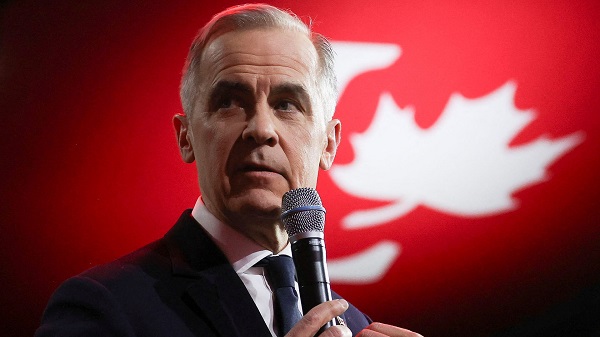
Trump administration officials have reportedly held several secret meetings with far-right Canadian separatists who want to break free from the rest of the country.
Read More »